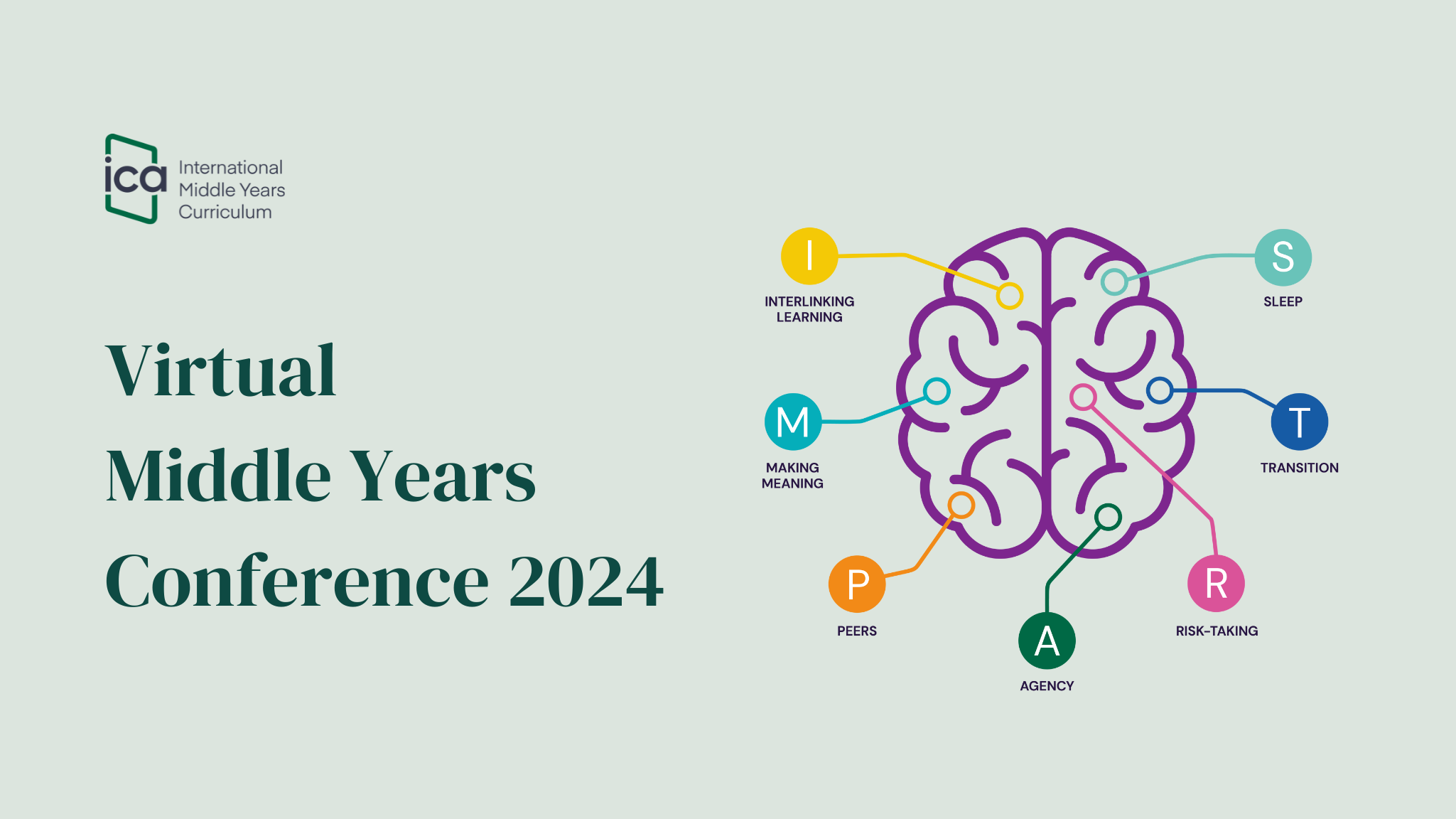Assessment of the progress that children make in school is perhaps one of the leading debates in education. From baseline and progress testing, to SATs and other external exams, to assessment for learning strategies, to trackers and performance related pay in some countries, there is much to consider when assessing students.
At Fieldwork Education, our mission is to improve learning. We do not mandate how schools should do this as we recognise that across contexts, which for us include countries and schools, that this can look different. However, we do believe that knowledge and skills should be assessed, whereas understanding should be evaluated.
We consider knowledge to be easily accessible information which could be considered to be correct or incorrect; for example, ‘Paris is the capital of France’ is correct and ‘Paris is the capital of Germany’ is incorrect. This is relatively easy to assess and provide feedback on. This combined with the many different Government expectations that our schools have to meet, means that we expect schools to develop their own assessments for knowledge. These could include informal classroom practices such as the use of mini whiteboards or an online quiz or more formal methods such as end of unit tests.
Skills are a little bit different in that the focus is on development. It is not as clear as being correct or incorrect but might be involve practice and be developed along a continuum. The Assessment for Learning programme that we offer as part of our IPC and IMYC curricula therefore includes rubrics to assess skills and help students know how they can improve, using the terms Beginning, developing and Mastering. A tracking system for these skills is also available through Classroom Monitor.
For those that want to quantify skills in the IMYC, perhaps for reporting to parents or for tracking internally, a number of our schools have developed scoring rubrics. They have simply taken statements from the PDF versions of the rubrics and created their own scoring system using Excel.
Understanding is an entirely different beast! We believe that understanding is about making meaning, potentially described by the lightbulb ‘aha’ moment that we occasionally see in our classrooms. It is much more difficult to quantify and therefore we believe that it should evaluated and not assessed. Overarching or conceptual understanding can be displayed and celebrated through the Exit Points and Reflective Journaling in the IMYC, and feedback can be provided to the learners through a mechanism which the school chooses.

.png)

